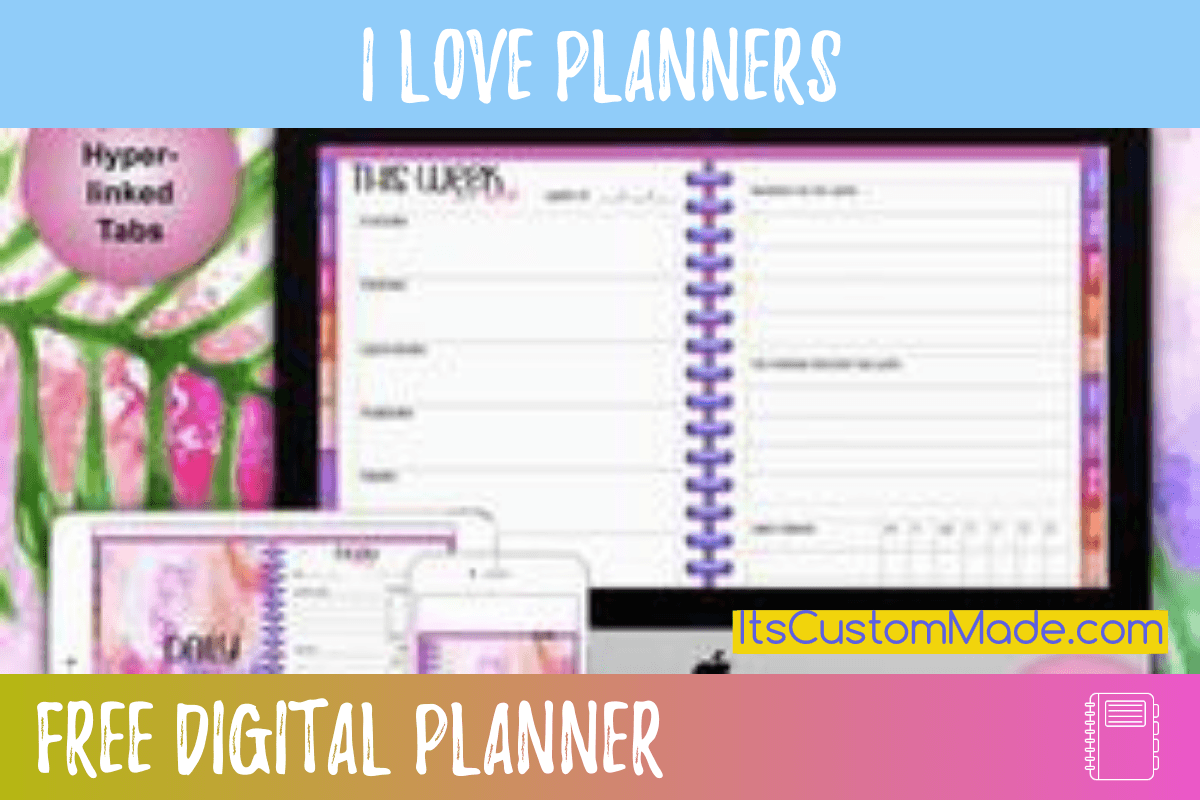
The news is out. The standard 9 to 5 is dwindling, and many studies show that it's bad for business. Even worse, you only have about two to three actual productive hours. To get the most done, you should take advantage of them and figure out what time and day you perform the best.
Experiment with Your Sleep Schedule
Figure out what your body likes the best. Are you a "night owl" or a "morning lark?" Even if you think you might know, give each type of schedule a try. Don't just stick to the traditional 9 to 5 unless you have to. Research shows these are not the most productive hours. They were only designed to help offset manufacturing workload requirements and prevent child labor.
Keep Track with A Journal
Keep track of the information above in your journal. Take notes of both periods of inactivity and activity. Write down the times, the project you worked on, your mood, and other important details like obstacles that happened that normally don't or if you got something done even faster than usual.
Also, keep in mind the environment you are working in, how much sleep you got the night before, or other stress factors – the more information you can provide, the better. After a week of building and experimenting with this data, you will determine your best hours to work.
Use Applications or Technology
If keeping track of this information on your own seems tiresome, then take advantage of technology or applications instead. RescueTime is an automated time tracker that pools all this data to track where you spend your time the most. They also generate reports and provide other tools that allow you to block distractions and improve your productivity.
Peak, Trough, Recovery
These are the stages you go through as you work. When you first get going, this is the peak where you have most of your energy and motivation. Then as your energy starts to go down, you are in your trough period.
Recovery is at the end of your shift, and best left for mindless or easy tasks. This means that when you get to work, no matter the time of day, always do the most important or most challenging work first. You will have the best energy and mental focus to get through it faster and more efficiently.
Overall, it's important to remember that you don't need to work a total of eight hours to be productive. You need to find the time that is best for you.
READERS LIKE YOU ARE ALSO INTERESTED...

LET US KNOW WHERE TO SEND YOUR DIGITAL PLANNER.
